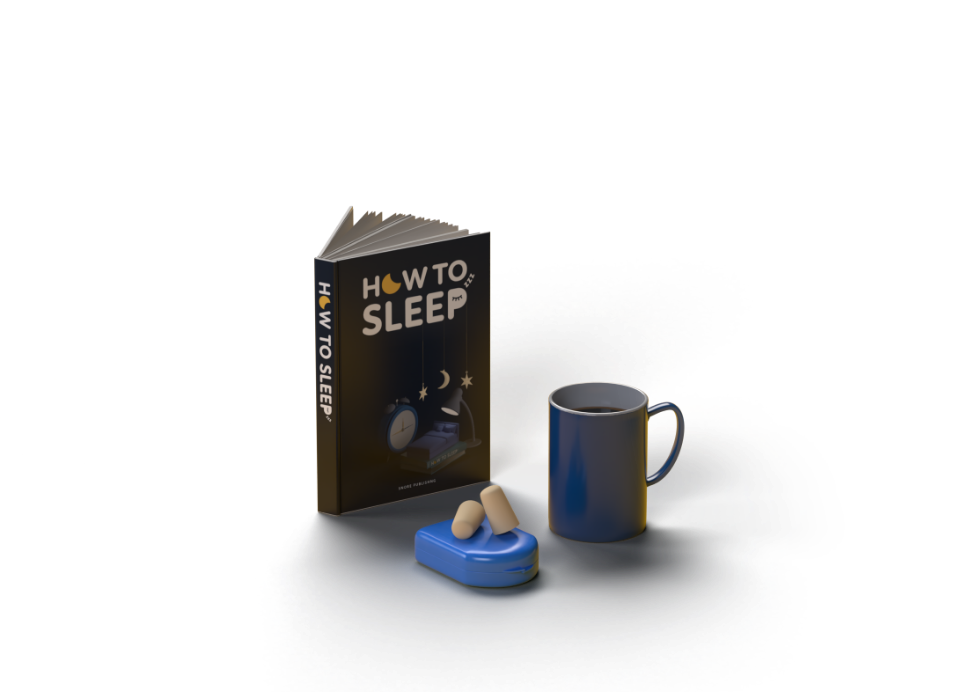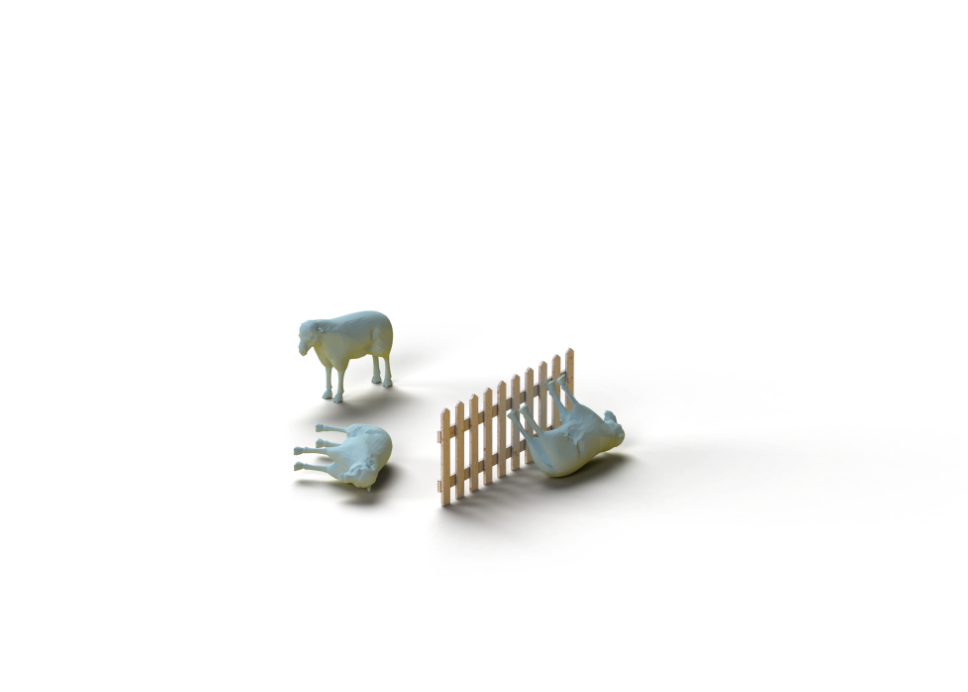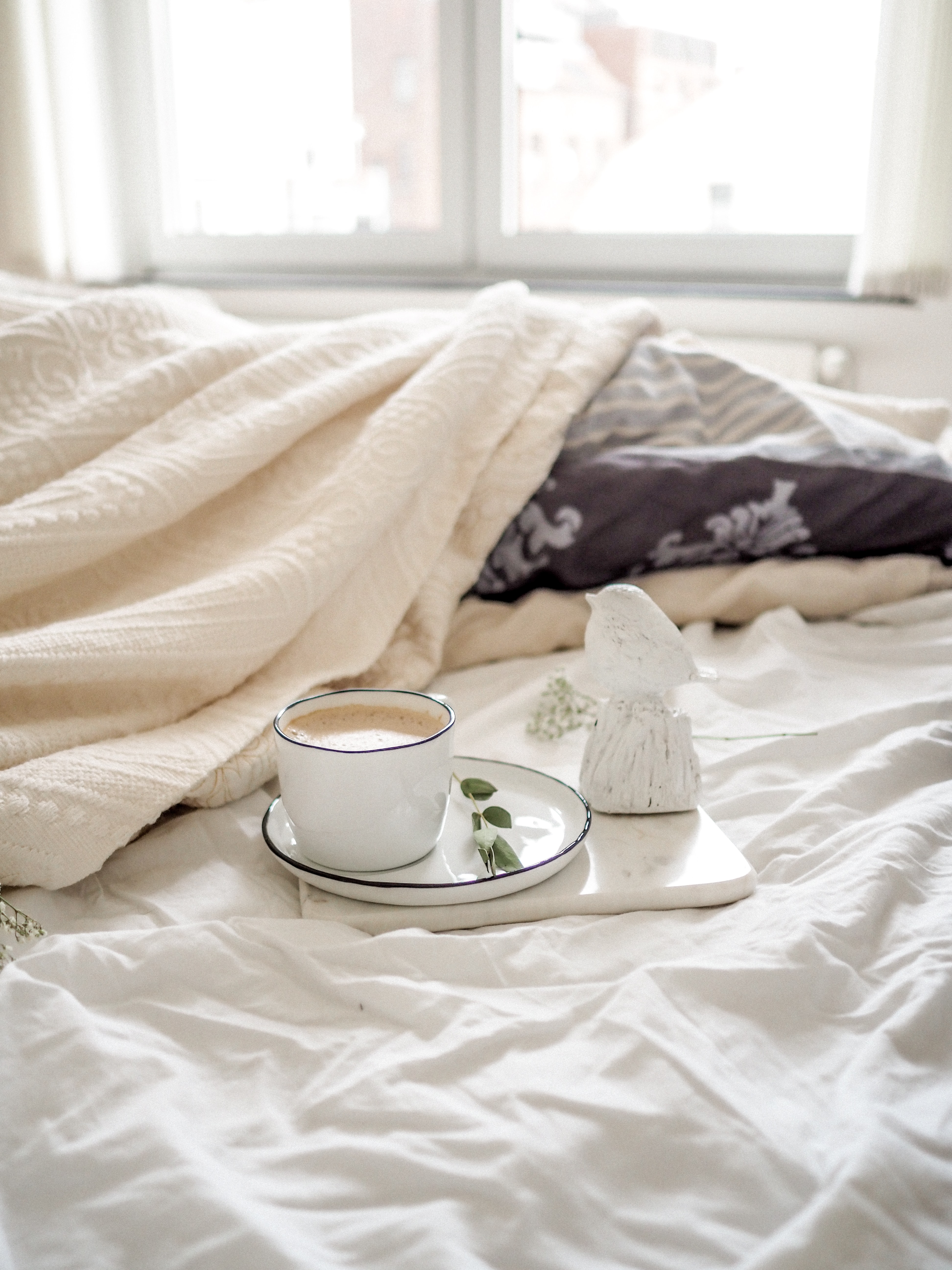
Drinks that help you sleep
Learn moreFor some, falling asleep at night can be a real challenge. Whether it’s a racing mind, or our bodies finding it a struggle to shut down, there are many barriers to sleep which can leave you feeling tired or exhausted during the day.
In order to combat these negative side-effects, it’s good to educate yourself about the drinks which will and won’t have a positive impact on your sleeping habits. Here are some of the best drinks to try at night to encourage a restful snooze, as well as those you need to be avoiding.
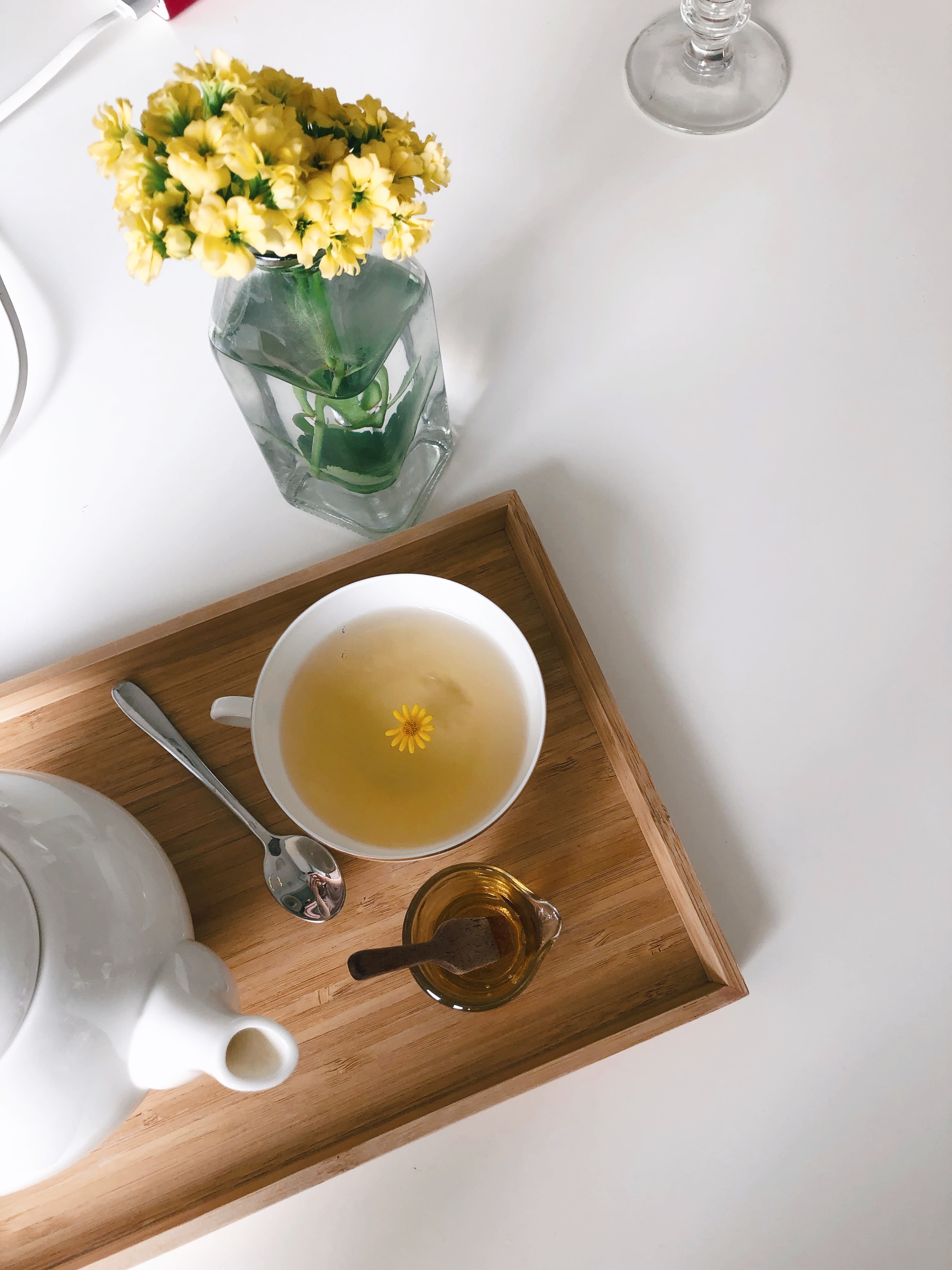
Chapter 1
Drinks that help you sleep faster
Most of us know that different types of drink will have varying effects on our ability to drop off. But how many of us can say we know exactly what is best to help promote a deep and restful night of sleep? Here are some of the most effective drinks to help you recharge as fully as you need to:
Pure coconut water
While coconut itself is sometimes marketed as an energising drink to help you stay alert, the water it naturally produces can have the opposite effect. Containing high levels of magnesium and potassium, you’ll find that it will relax your muscles and make it easier to drop off. It’s also high in vitamin B, which has been shown to reduce stress levels.
Warm milk
This tried and tested night-time tipple is a popular favourite amongst mothers trying to nurse their child to sleep. While you might think that it’s the warmth of the drink which helps, in reality it’s the properties of the milk itself which makes sleeping easier. The amino acid tryptophan is found in abundance in milk, which is converted to the sleep-inducing hormone melatonin when consumed.
Chamomile tea
Much like warm milk, chamomile tea has been a popular option for years in the fight against insomnia. The calming, sedative effect of the tea makes it easier for the drinker to relax and unwind in the evening. What’s more, the relatively neutral taste of the tea makes it easier to pair with supplements which can encourage sleep.
Valerian tea
While it sounds like something out of a fantasy novel, Valerian tea is a very real tool in the battle against sleep deprivation. Used for centuries as a means to promote calmness and lessen the feeling of anxiety, it can be combined with herbs like lemon balms and hops to promote drowsiness.
Decaffeinated green tea
Owing to the presence of theanine (which promotes rest and relaxes the body), green tea which has been decaffeinated is also a fantastic option for drinking before bed. This is another easy one to mix with additional flavours and herbs.
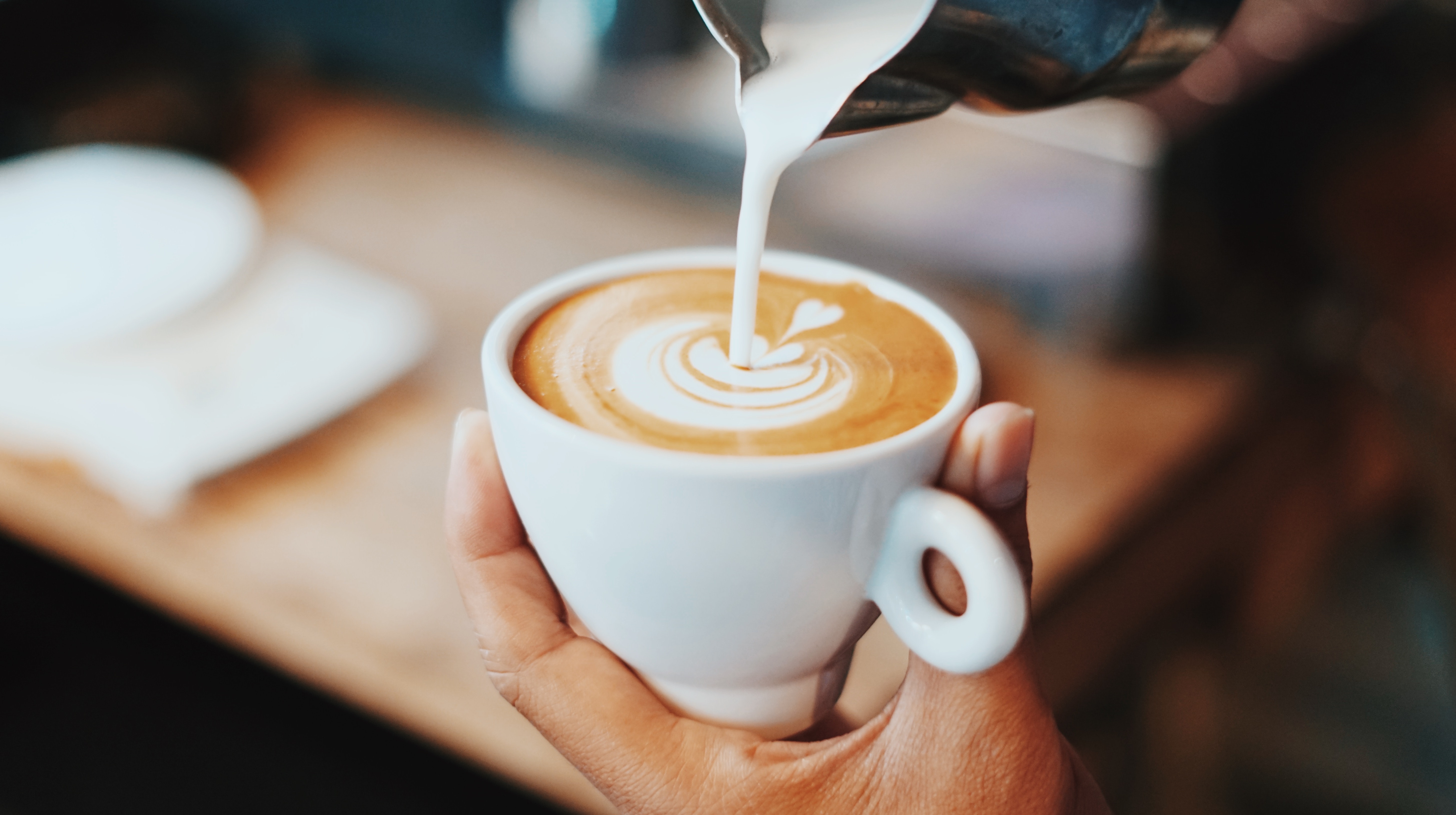
Chapter 2
The worst drinks to have before bedtime
At the other end of the spectrum, there are a number of drinks which will have a negative effect on your chances of getting some rest. These will often contain stimulants, which trigger responses in our bodies to help us stay awake and alert.
While this can be handy when we’re trying to face the day, in the evening they can be hugely detrimental to the health of your sleep cycle. Some of the worst include:
Coffee
We all know that the caffeine found in coffee keeps us awake and alert, but just how severe the impact is might go over some of our heads. Drinking coffee as long as six hours before you try to sleep can cause you to lose an hour of rest. Coffee should ideally be reserved for the morning alone.
Alcohol
While alcohol can make you drowsy and help you fall into a light slumber, the negative impacts actually outweigh the positive. Your sleep will be fragmented, with your rapid eye movement also lowered. Breathing problems and even insomnia are also side-effects. You’ll also find yourself waking up early, usually dehydrated.
Energy drinks
Some people really enjoy the taste of certain energy drinks, regardless of the impact they have on their body. If that’s you, be sure to avoid enjoying one shortly before bed (or really at any point past midday). These types of drinks usually contain two to three times more caffeine than coffee.
Water
While there’s nothing inherently wrong with drinking water before bed for your overall health, it does increase the chances of needing to get up at night to urinate. This is again a healthy and natural process, but it does run the risk of impacting your sleep pattern, or reducing the amount of deep, restful slumber you get.
Fizzy drinks
Caffeine and sugar are found in abundance in soft drinks, which have the potential to keep you disrupted through the night. They’re also likely to make you dehydrated, resulting in you needing to get up more often to drink water (which can in turn cause you to need the toilet).
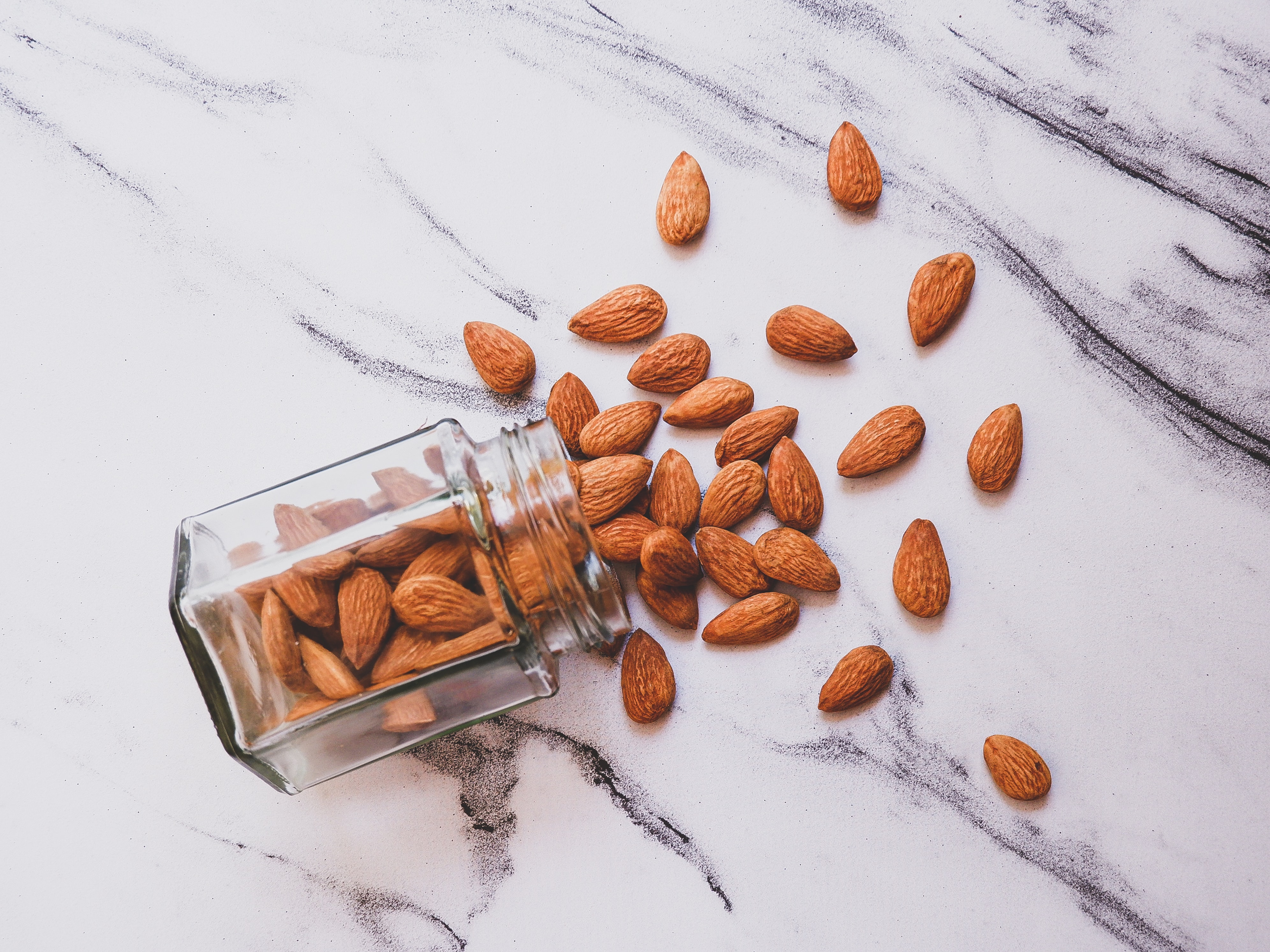
Chapter 3
Other natural aids to help you sleep faster
If you’d like to pair your drink with something else to help you drop off, you have quite a few options. Let’s now take a closer look at the best kinds of foods and supplements to make sleeping quickly less of a challenge.
Food
A full stomach can be a really good promoter of sleep, but it’s important to know which kinds of food will have a positive impact. If you’re looking to settle yourself down for a restful night, the best options are:
White rice. Owing to the high levels of carbs found in white rice, it has a fairly high rating on the glycemic index. This means it will increase your blood sugar levels quicker, improving the length and the quality of your sleep – although it doesn’t necessarily mean you’re going to fall asleep any faster.
Almonds. Just like with milk, almonds are high in magnesium, providing roughly a fifth of your daily requirements in just one ounce. This will help to reduce any inflammation in your muscles, and soothe you into a relaxed state. They also reduce the levels of the stress hormone cortisol.
Fatty fish. It probably isn’t the first thing which springs to mind when you think about a good night’s rest, but fish which is high in natural fat can be really beneficial. This is because they’re high in omega-3 and vitamin D, which help to increase the production of serotonin. This blissful state makes it easier to shut down and relax.
Kiwi. Something of a wonder fruit, kiwis are able to help with your digestive health, lower your overall cholesterol levels, and reduce inflammation in your muscles. Much like with fatty fish, they’ll also boost the amount of serotonin in your brain. This chemical makes it much easier for your body to naturally regulate its sleep cycle.
Supplements
Supplements are not the same as sleeping pills or medication. Rather than directly causing you to fall asleep, they work by enhancing the parts of your body which cause the process to happen naturally. The best supplements to take alongside a night-time drink are:
Lavender. Several studies have shown that smelling lavender oil before bed helps to enhance your ability to sleep. Lavender pills have also been shown to reduce the impact of sleep disturbances. As this beautiful flower grows on most continents, it’s become a popular natural remedy for sleep issues the world over.
Melatonin. Your body will naturally produce this sleep-inducing hormone, but that doesn’t mean you can’t give it a little boost with the help of supplementary pills. These are particularly helpful if you’re suffering from jetlag or if you’re a shift worker who struggles to sleep during the day.
Magnesium. We’ve already seen how magnesium can have a positive impact on the inflammation of your joints. What’s more, it’s also been found to increase the levels of gamma aminobutyric acid (GABA), which has a calming effect on the brain.
Passionflower. This is a popular herbal remedy for anyone experiencing insomnia. Interestingly, passionflower as a supplementary pill appears to have less of an impact on sleep patterns than passionflower tea.
Make sure to keep this guide in mind when you’re struggling to sleep. These natural methods are some of the best ways to help find a sleeping rhythm which works for you.
